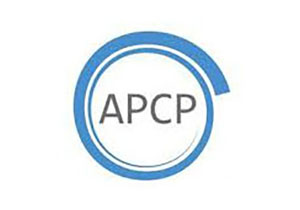
Postnatal depression is the term used for depression that some women experience in the first year after having a baby.
Symptoms of postnatal depression may start as baby blues and then get worse. The symptoms may take some time to develop. Postnatal depression may be most obvious when your baby is 4 to 6 months old.
Postnatal depression can last for longer than three months. If not treated, it can last considerably longer. The earlier it is recognised, diagnosed and treated, the faster you will recover.
Postnatal depression can have a broad range of symptoms. These can vary in how severe they are.
You may be feeling sad, anxious and alone. You may be feeling guilty, irritable and angry. You may be experiencing panic attacks. You may not enjoy being with people, even your baby.
Other symptoms of postnatal depression include:
- loss of appetite
- poor concentration
- tiredness all the time
- problems sleeping
- being agitated
- crying easily
Feelings and thoughts you might experience include:
- feeling inadequate
- feeling panicked
- feeling rejected by your baby
- worrying a lot about your baby
Perinatal OCD
Obsessive Compulsive Disorder (OCD) is a relatively common mental illness. It can affect men and women at any time of life. If a woman has OCD during pregnancy or after birth (known as the perinatal period) it is called Perinatal OCD. You may have had OCD before getting pregnant. For some women, pregnancy or birth can be the trigger for the disorder. OCD has three main parts: 1. Thoughts or images that keep coming into your mind. These are called obsessions. 2. Anxiety – usually as a result of the obsessional thoughts. 3. Thoughts or actions you keep repeating to try to reduce your anxiety.
Cognitive behavioural therapy can be extremely effective in helping challenging the symptoms of postnatal depression and perinatal OCD.

